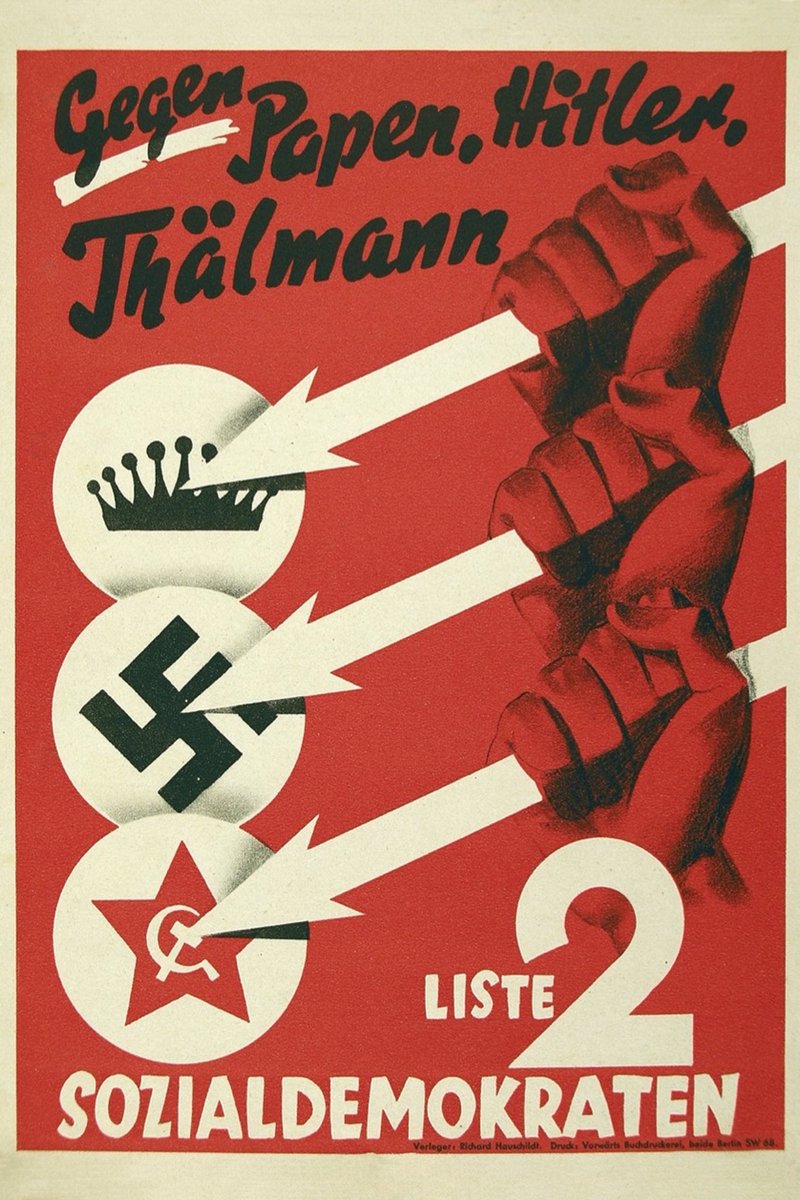
A thoughtful piece on "the End of Development" -- the rising threat of premature deindustrialization in poor countries, closing the path of manufacturing-led growth that East Asia took to escape poverty in the 20th century.
A few of my thoughts: 1/N
dissentmagazine.org/article/the-en…
A few of my thoughts: 1/N
dissentmagazine.org/article/the-en…
I agree with almost all the obstacles to manufacturing growth raised in the piece.
But in my view, it remains better for gov’ts to try with all the tools at their disposal — industrial policy, export incentives, capital controls— than not at all.
2/N
But in my view, it remains better for gov’ts to try with all the tools at their disposal — industrial policy, export incentives, capital controls— than not at all.
2/N
For one thing, as Justin Yifu Lin has argued, China’s rise to middle-income status presents a golden market opportunity for regions seeking to become the next workshop of the world.
Today’s low cost producers can become tomorrow’s consumers.
frbsf.org/economic-resea…
3/N
Today’s low cost producers can become tomorrow’s consumers.
frbsf.org/economic-resea…
3/N
Manufacturing may also be key to a healthy political economy. As @rodrikdani argues, workers’ movements were forged in the factories—and fought for the social institutions (including democracy!) that cushioned the pains of rapid industrialization.
project-syndicate.org/commentary/dan…
4/N
project-syndicate.org/commentary/dan…
4/N
Manufacturing is also not alone in its vulnerability to automation. The outsourced IT / customer service jobs that have been a major growth driver in English-speaking India + Philippines may be next in line. 5/N
nytimes.com/2021/03/06/bus…
nytimes.com/2021/03/06/bus…
I’ll close on an optimistic note about cognitive biases.
As a student of history, one thing that’s clear is that development economists get it wrong all the time—including on the upside.
6/N
As a student of history, one thing that’s clear is that development economists get it wrong all the time—including on the upside.
6/N
When South Korea approached the World Bank for a loan for a steel mill in 1968, they were turned down, on the grounds that 🇰🇷 had no comparative advantage in steel.
Hard to judge too harshly - in 68, SK was still a poor country with very little heavy industry.
7/N
Hard to judge too harshly - in 68, SK was still a poor country with very little heavy industry.
7/N

South Korea eventually went it alone, using a reparations payment from Japan as startup capital.
By the late 1980s, the POSCO steel company was the fifth largest steel manufacturer in the world.
8/N
By the late 1980s, the POSCO steel company was the fifth largest steel manufacturer in the world.
8/N

As development economists we are trained to see constraints and market failures. It’s important to meta-cognize, and realize when we may have a bias towards pessimism.
9/N
9/N
Growth in the Global South will not take the exact form economists predict. It may not happen in the countries we most expect, or when we deem most opportune.
The trick, it seems, is to acknowledge the obstacles, but to remain open to the possibility of being surprised.
N/N
The trick, it seems, is to acknowledge the obstacles, but to remain open to the possibility of being surprised.
N/N
• • •
Missing some Tweet in this thread? You can try to
force a refresh





